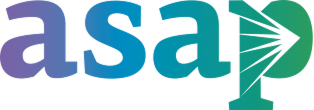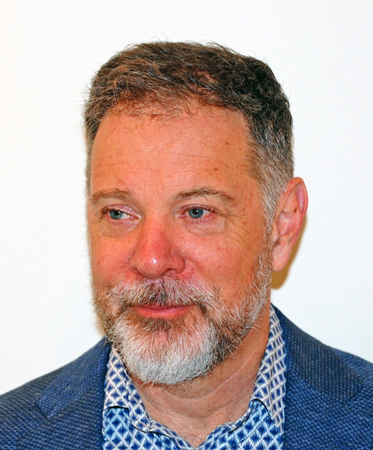James Hurley, PhD, is a professor of molecular and cell biology at the University of California at Berkeley. He is a member of the US National Academy of Sciences and the American Academy of Arts and Sciences. He obtained his PhD in biophysics at UCSF and was a postdoctoral fellow at the University of Oregon. He was led a group in the NIH intramural program from 1992 to 2013, before moving to UC Berkeley. He is leading structural biologist in the fields of autophagy and the endolysosomal system. He has made many contributions to understanding the molecular gymnastics of the mitophagy core complexes during mitophagy initiation and phagophore expansion using crystallography, single particle EM, cryo-EM, prediction tools and reconstitutions of autophagy. His newest interest and a major focus in the lab is converting insights from structural biology and biochemistry of the autophagic and endolysosomal pathways into therapies for neurodegenerative diseases.
Lead PI (Core Leadership)
James Hurley
University of California, Berkeley
James Hurley, PhD, is a professor of molecular and cell biology at the University of California at Berkeley. He is a member of the US National Academy of Sciences and the American Academy of Arts and Sciences. He obtained his PhD in biophysics at UCSF and was a postdoctoral fellow at the University of Oregon. He was led a group in the NIH intramural program from 1992 to 2013, before moving to UC Berkeley. He is leading structural biologist in the fields of autophagy and the endolysosomal system. He has made many contributions to understanding the molecular gymnastics of the mitophagy core complexes during mitophagy initiation and phagophore expansion using crystallography, single particle EM, cryo-EM, prediction tools and reconstitutions of autophagy. His newest interest and a major focus in the lab is converting insights from structural biology and biochemistry of the autophagic and endolysosomal pathways into therapies for neurodegenerative diseases.


